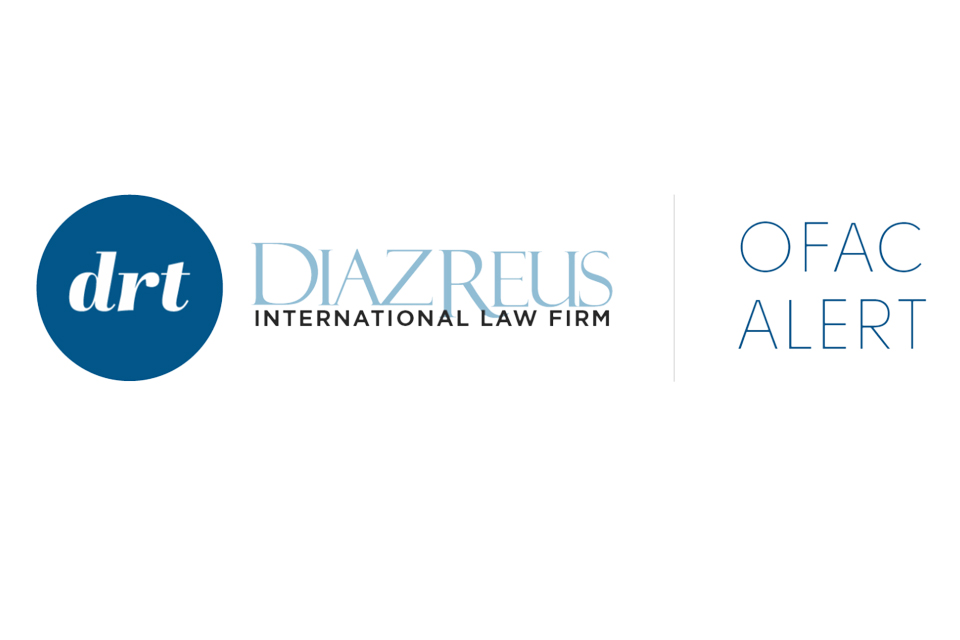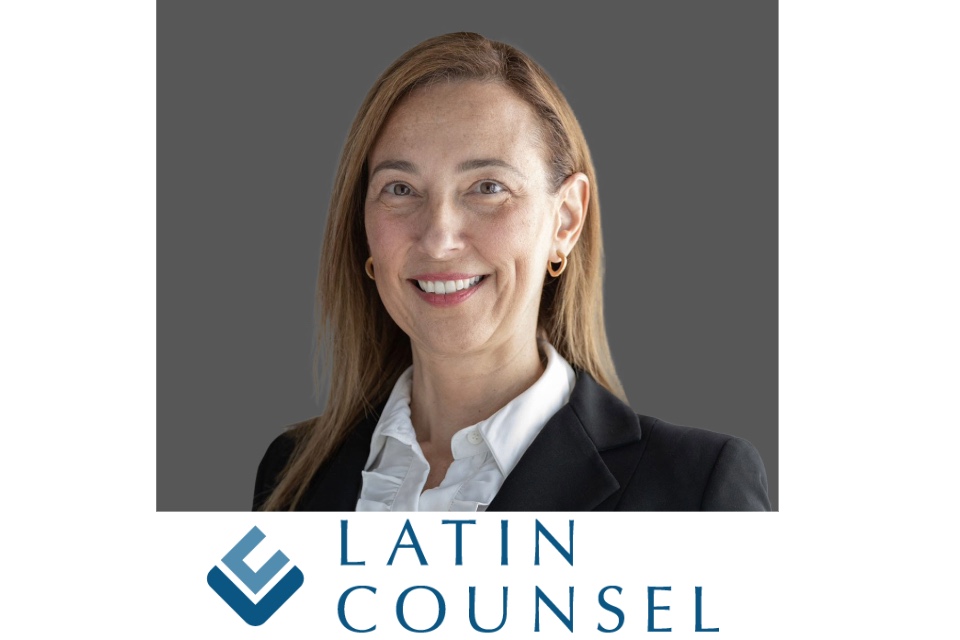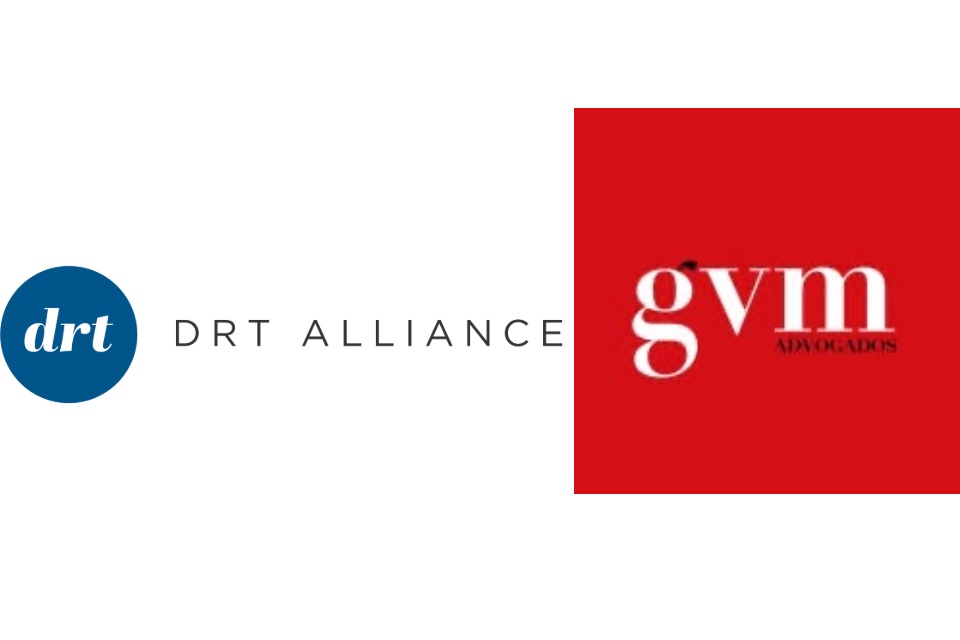The Proposed Rule Could Alter the Landscape for DeFi Protocols and Cryptocurrency Users
October 24, 2023
On October 19, the Financial Crimes Enforcement Network (FinCEN) proposed a rule, aiming to classify all «CVC mixing» transactions as transactions of primary money laundering concern. This proposed rule, if adopted, could have profound implications for cryptocurrency platforms, DeFi protocol deployers, token holders, and individuals transacting on these platforms. The breadth of the rule extends to a wide range of digital assets, including Bitcoin, with the potential to fundamentally alter the compliance landscape surrounding Anti-Money Laundering (AML), and Counter Financing of Terrorism (CFT).
At its core, the proposed rule aims to address activities that facilitate CVC transactions in a manner that obfuscates the source, destination, or amount involved in one or more transactions. Interestingly, the definition of «CVC mixing» encapsulates commonplace transactions that are not traditionally associated with mixing activities, thereby broadening the scope of transactions that could be viewed through the lens of money laundering concern.
The rule outlines several activities under the banner of CVC mixing, including but not limited to:
• Pooling or aggregating CVC from multiple individuals or entities—a characteristic of many DeFi protocols that pool assets from third parties.
• Utilizing programmatic or algorithmic code to manage transaction structures, again a common feature in DeFi protocols.
• Splitting CVC for transmittal across a series of independent transactions, which may be considered prudent business practice in some contexts.
• Creating single-use wallets, addresses, or accounts for transaction purposes—seen by many as good operational security/hygiene.
• Exchanging between different types of CVC or digital assets, a fundamental aspect of various DeFi protocols.
• Facilitating user-initiated delays in transactional activity, which includes services offering nLockTime or similar deployed transactions.
Notably, the proposed rule does not require a malicious intent; even applications or protocols facilitating these services incidentally could be subjected to data collection and reporting requirements. The term «CVC mixer» is expansively defined to include any person, group, service, code, tool, or function facilitating CVC mixing, potentially encompassing DAOs and code deployers.
However, exemptions are provided for banks, broker-dealers, or money services businesses, including Virtual Asset Service Providers (VASPs), provided they maintain and furnish transaction records as required.
This proposed rule has opened a comment period until January 2024, offering stakeholders an opportunity to provide feedback. It’s crucial for the cryptocurrency and DeFi community to engage in this dialogue, as enforcement actions could be envisaged against DeFi protocol deployers, token holders, and associated DAOs if the rule is adopted in its current form.
Diaz Reus International Law Firm, as a global leader in AML, CFT, and OFAC SDN compliance, is poised to assist clients in navigating the potential legal and compliance challenges this proposed rule may pose. Our seasoned attorneys are closely monitoring the developments and are ready to provide comprehensive legal solutions to ensure seamless compliance amidst evolving regulatory landscapes.
For more detailed insights on this proposed rule and how it might impact your operations, or for assistance during the comment period, reach out to Diaz Reus International Law Firm at 305.375.9220.










































































































![Especial abogados Salón de la Fama[61] 4](https://diazreus.com/wp-content/uploads/2023/06/Especial-abogados-Salon-de-la-Fama61-4-1-pdf.jpg)




























































































































































































